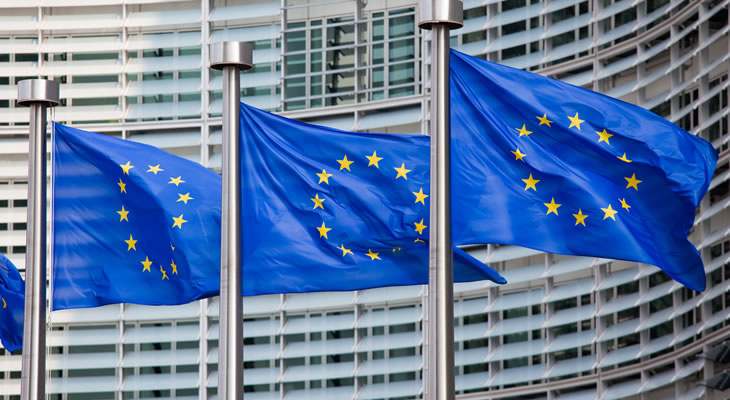Improved Eurozone Inflation Rate Fails to Shore up Euro Pound Sterling (EUR/GBP) Exchange Rate
While the Eurozone consumer price index strengthened solidly in December this was not enough to prevent the Euro to Pound Sterling (EUR/GBP) exchange rate from slipping.
Investors failed to take much encouragement from the improvement in the headline inflation rate, even as it picked up from 1.0% to 1.3%.
With the increase largely driven by an uptick in food prices, markets remain wary of the potential for price pressures to fall back once again in the coming months.
This improvement also left the inflation rate some way short of the European Central Bank’s (ECB) 2% target, suggesting that policymakers are likely to maintain their cautious outlook for some time to come.
Even a strong rebound in monthly Eurozone retail sales failed to give the Euro (EUR) a leg up against its rivals during trade on Tuesday.
Worries over UK Economic Outlook Set to Limit Pound Sterling Upside
With the lack of clarity that still surrounds the matter of Brexit continuing to cloud the UK outlook support for Pound Sterling (GBP) remained generally muted.
Although the sense of uncertainty diminished in the wake of the December general election markets are still concerned by the short timeframe in which the UK and EU are left to negotiate a fresh trade agreement.
While the finalised third quarter labour productivity index looks set to show a solid improvement on the quarter this may not help the Pound to recover its footing on Wednesday.
As long as investors see reason to fear a weaker fourth quarter gross domestic product the upside potential of GBP exchange rates is likely to prove limited.
The release of November’s monthly GDP reading could put significant pressure on the Pound on Monday.
If growth stagnates for a second month this would raise the risk of an underwhelming quarterly GDP performance, to the detriment of GBP exchange rates.
Fresh Signs of German Economic Weakness Forecast to Drag on EUR Exchange Rates
Even so, the EUR/GBP exchange rate may struggle to return to a positive footing this week thanks to the release of the latest German factory orders and trade figures.
While forecasts point towards a monthly rebound in factory orders in November another sharp decline in the yearly result could easily eclipse any positive showing here.
Further signs of weakness within the Eurozone’s powerhouse economy would leave investors with little incentive to favour the single currency, exposing EUR exchange rates to fresh selling pressure.
A narrowing of the German trade surplus could also put pressure on the EUR/GBP exchange rate, with forecasts suggesting a monthly decline in export volumes.
As long as the deterioration in global trade looks set to drag on the German economy the appeal of the Euro is unlikely to improve as the risk of a fourth quarter slowdown persists.


Comments are closed.